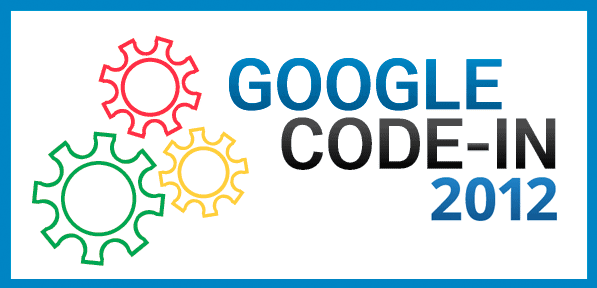
The Fedora project represented the Google Summer of Code program for 7 years including 2012, after successful completion of GSoC 2012 we are now turning to host Google Code In program which can be described as the mini-GSOC.
Why work with Fedora?
Our project is large and diverse. We are very experienced at working with new contributors and helping them be successful.
Many long-time contributors continue to be around, lending expertise and mentoring. People who stay around the community and do good work are noticed. They get hired for jobs from it, including being hired by Red Hat. Past Google Summer of Code students were hired by Red Hat, as well as interns in various positions. This is just an example, as experience and reputation in the Fedora Project communities is influential on your career in many ways.
As long-standing communities with many facets, it is possible for you to find many rewarding sub-projects to work on.
You should know that contributing to FOSS doesn't require you to have super programming skills, or super-anything else. You just need be interested and curious enough, and be willing to become comfortable being productively lost. This is the state of learning through finding your way around and figuring things out.
Administration
Following team is basically manage and operate the program, it is a little team with lot of support from mentors and other interesting community members.
- Buddhike Kurera(Bckurera) - Administrator
- Mo Morsi - Backup-Admin
- [[]] - Fall-back Admins
In order to clarify matters/ obtain more info related with the GCI 2012 with the Fedora Project please contact the administrators directly (please consider CCing the summer-coding list where ever possible).
Mentors
Anyone who is interested towards this program can be joined as a mentor as long as you meet following requirements,
- should be willing to support students by providing required guidance and if required some knowledge to complete the task.
- should be able to support the students patiently, keeping mind that the students may not be professional and good in communication.
- should be willing to spend 5 hours a week with the program and at least willing to take the responsibility of one task.
How to work with students
- One way is to provide an idea for students to work on. This idea might be very well planned out, in which case you may need a high-level of contact with the student to get it implemented correctly.
- It is harder to find success where you are completely certain of how an idea needs to be implemented; finding a student with the skills and interest to implement a specific solution is a lot harder than finding a student with enough skills to respond to a use case need.
- Where you can have looser ideas, you may be able to find a student who works as a sort-of intern who can implement a solution to a use case you have. In past experiences, students going after a use case are more likely to get somewhere with self-direction.
- You may also want to work with a student who brings an idea to your sub-project. This requires a different level of communication throughout the project, but can be the most rewarding.
Mentor responsibilities
You are an essential part of the student's success, the project's success, and the success for your overall organization (Fedora, JBoss.org, or another).
Your responsibilities include:
- Being an interface for an identified sub-project or SIG in Fedora.
- Helping students communicate with the overall project and any upstreams.
- Be the final, accountable person for deciding if the student is successful or not, which affects payment.
Communication
Mailing List (GSOC related) : https://admin.fedoraproject.org/mailman/listinfo/summer-coding
Mailing List (Technical) : http://lists.fedoraproject.org/mailman/listinfo/devel
IRC : Channel - #fedora-devel or #fedora-summer-coding on Freenode
Time Line
Reference : https://google-melange.appspot.com/gci/events/google/gci2012
- November 12, 2012: Open Source Organizations are announced
- November 26, 2012, 9:00 AM Pacific Time / 17:00 UTC: Contest opens for entries by student participants
- January 14, 2013, 9:00 AM Pacific Time / 17:00 UTC: All work stops
- February 4, 2013: Google Open Source Programs Office announces the winners via blog post
Organization Application
Status : Under Preparation
Link : https://fedoraproject.org/wiki/GCI_2012_org_application
Tasks
Students are required to complete tasks which are published under following five categories;
- Code : Tasks related to writing or refactoring code
- Documentation/Training : Tasks related to creating/editing documents and helping others learn more
- Outreach/research : Tasks related to community management, outreach/marketing, or studying problems and recommending solutions
- Quality Assurance : Tasks related to testing and ensuring code is of high quality
- User Interface : Tasks related to user experience research or user interface design and interaction
